Battery Size or Usable Storage Capacity
When it comes to battery size or usable storage capacity, bigger is not always better. Choosing a battery that aligns with your energy needs and consumption patterns is essential. Consider the amount of electricity your solar panels generate and how much you use during peak hours.
A larger battery will provide more storage capacity, enabling you to store excess energy for later use. This can be advantageous if you have high energy demands or experience frequent power outages. However, keep in mind that oversized batteries may result in wasted costs and space. So evaluate your daily usage patterns and consider other factors.
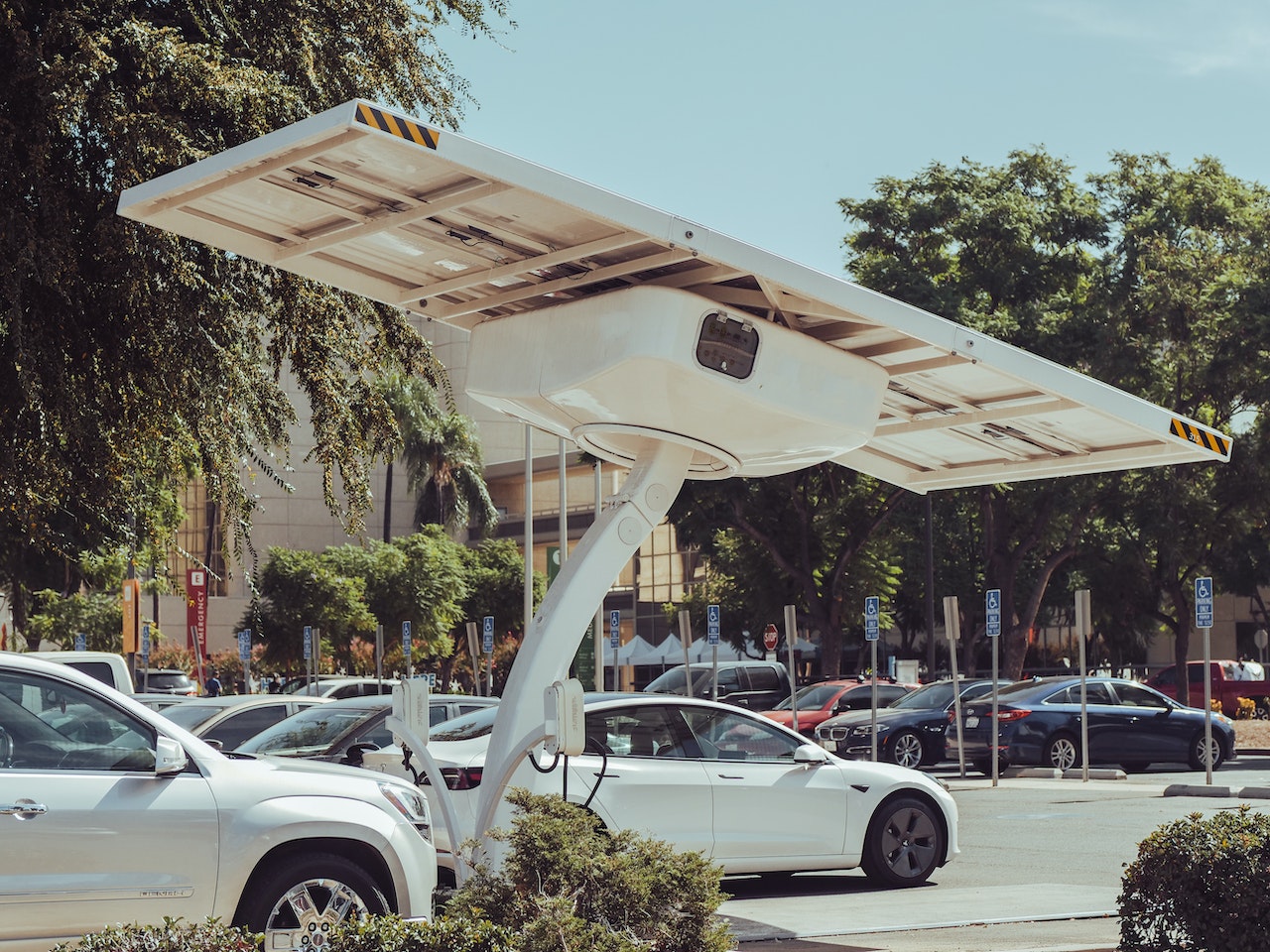
Roundtrip Efficiency
What exactly does this term mean? In simple terms, roundtrip efficiency refers to how efficiently a battery can store and release energy. Having a high roundtrip efficiency means that more energy generated by your solar panels will actually be available for use when you need it. This is crucial because batteries with low roundtrip efficiencies may waste a significant amount of stored energy during charging and discharging cycles.
To maximize the benefits of your solar panel system, selecting a battery with a high roundtrip efficiency is essential. This will ensure that you can make the most out of every bit of electricity generated from sunlight. It’s worth noting that different batteries have different levels of roundtrip efficiencies. We’ll talk about the different batteries soon.
Battery Lifetimes
Moreover, the lifetime of a battery refers to the length of time it can effectively store and discharge energy before its capacity significantly diminishes. One key consideration is the expected lifespan of the battery, which can vary depending on factors such as usage patterns, environmental conditions, and maintenance practices. Choosing a battery with a longer lifespan is crucial to ensure that you get maximum value from your investment. Another aspect to think about is how well the battery performs over time. Some batteries may experience gradual degradation in their performance, resulting in reduced storage capacity or lower efficiency. Therefore, it’s essential to select a battery that has good long-term performance characteristics.
The Battery’s Chemistry
The battery’s chemistry is a crucial aspect to consider when choosing a battery for solar panels. Different types of batteries use different chemical compositions, each with its own advantages and limitations. These include lead acid, lithium ion, nickel cadmium, and flow. Okay, but what’s the best type of battery to choose? Lithium-ion is the best answer as it offers higher energy density and longer lifetimes. They are lightweight, compact, and can be discharged at a deeper level without affecting their performance. However, they come at a higher cost.
Choosing the right battery for your solar panels is a mandatory decision that can greatly impact the performance and efficiency of your solar power system. By considering key factors such as battery size, roundtrip efficiency, battery lifetimes, and chemistry, you can ensure that you make an informed choice.
…
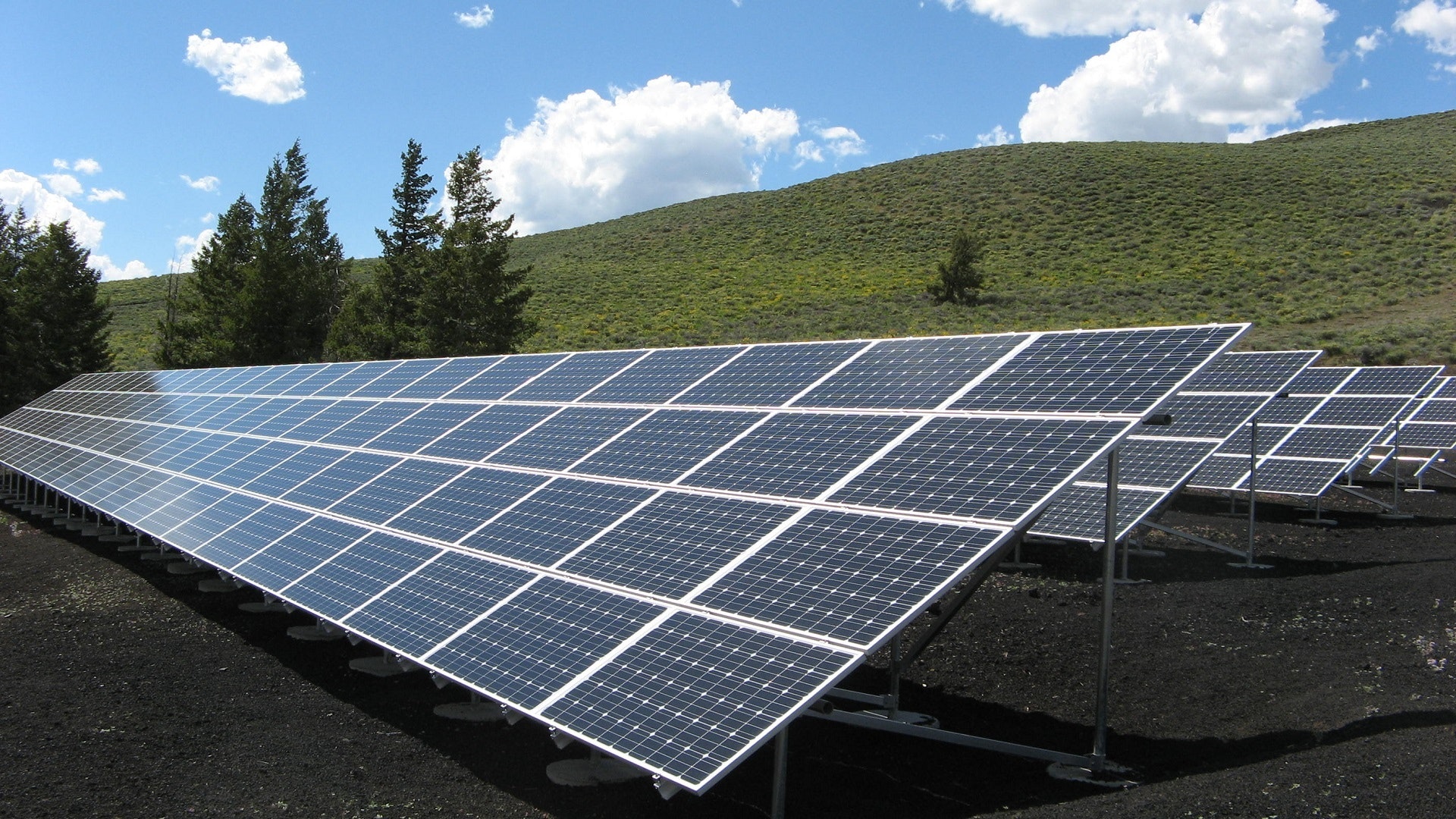
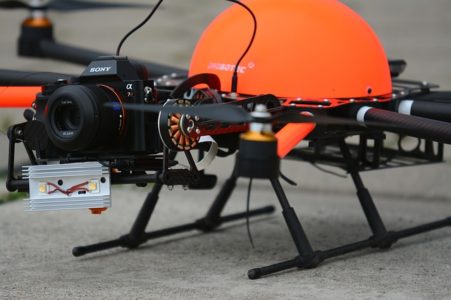
 Drone technology has come to a lengthy method in the past few decades. The latest DJI Phantom 4 Guru provides 30 minutes flying limit in agreement with their website. For the great bulk of non-American drone pilots, this certainly will not ever be satisfactory. Considering the time allocated flying upwards and arrival, you will have 20 minutes for recording footage. Be sure you obtain a different battery pack or longer to seek a reliable backup anytime you want. If you’ve got the Phantom 4 Pro, you may opt to crave to upgrade to the smart battery charger instead of the one that includes the package. It’s very likely to charge the P4 Guru battery 40 minutes instead of 65 minutes to the ordinary charger.
Drone technology has come to a lengthy method in the past few decades. The latest DJI Phantom 4 Guru provides 30 minutes flying limit in agreement with their website. For the great bulk of non-American drone pilots, this certainly will not ever be satisfactory. Considering the time allocated flying upwards and arrival, you will have 20 minutes for recording footage. Be sure you obtain a different battery pack or longer to seek a reliable backup anytime you want. If you’ve got the Phantom 4 Pro, you may opt to crave to upgrade to the smart battery charger instead of the one that includes the package. It’s very likely to charge the P4 Guru battery 40 minutes instead of 65 minutes to the ordinary charger. Extra electrical batteries will not be effective as soon as you lack adequate space to store your development footage. Consider buying a 64 Gb micro SD card if you do not need to convey the movie clips to your PC after every two flights.
Extra electrical batteries will not be effective as soon as you lack adequate space to store your development footage. Consider buying a 64 Gb micro SD card if you do not need to convey the movie clips to your PC after every two flights.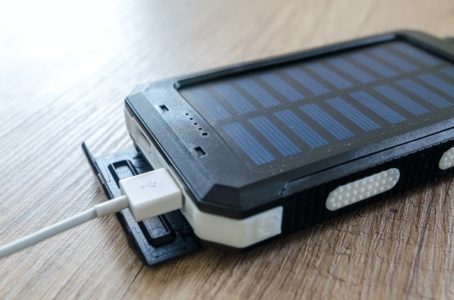
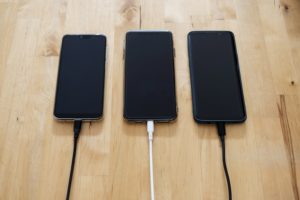

 The first thing that viewers will notice in a vlog is how clear your videos are. They will surely leave your channel if the images are blurred. To help you create cinematic videos, having a 4k resolution video over 1080p will help. A drone with the right pixel resolution will produce vivid images, whether on close, even during night or day. This will not be a problem while taking videos at high altitude or low altitude.
The first thing that viewers will notice in a vlog is how clear your videos are. They will surely leave your channel if the images are blurred. To help you create cinematic videos, having a 4k resolution video over 1080p will help. A drone with the right pixel resolution will produce vivid images, whether on close, even during night or day. This will not be a problem while taking videos at high altitude or low altitude. It will be more convenient for you to have a drone with a longer battery life. That means you can get capture more images in a single flight. But because the battery life of a drone can go as far as 30 minutes, you should have backup batteries. More videos from several angles will help you create a complete video of a scenery, event, or whatever subject you have.
It will be more convenient for you to have a drone with a longer battery life. That means you can get capture more images in a single flight. But because the battery life of a drone can go as far as 30 minutes, you should have backup batteries. More videos from several angles will help you create a complete video of a scenery, event, or whatever subject you have.